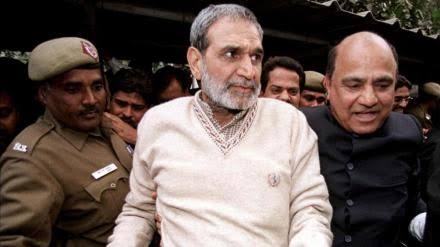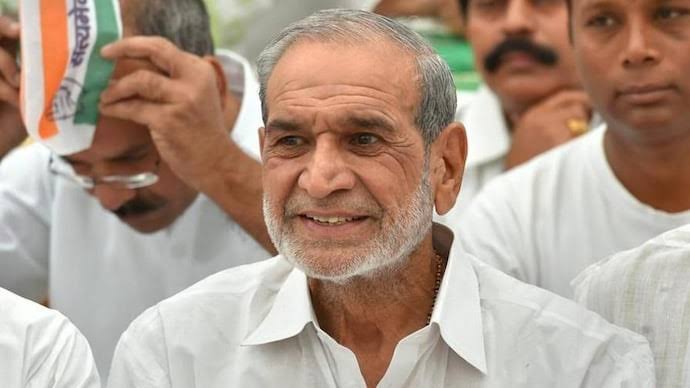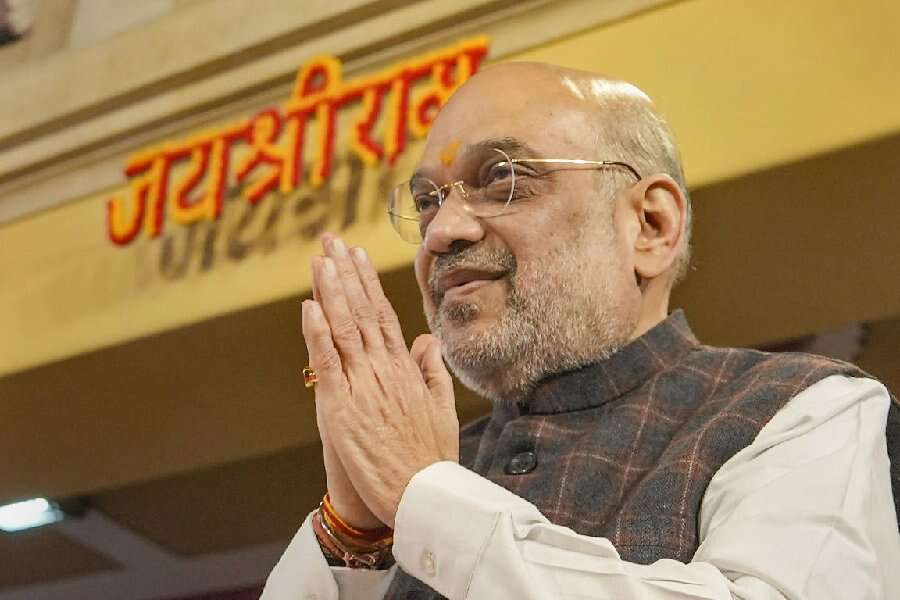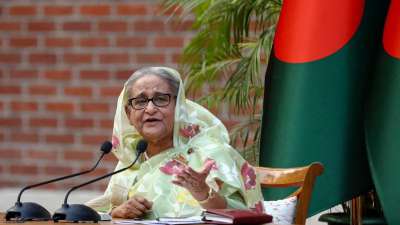Former Congress MP Sajjan Kumar has been sentenced to life imprisonment in connection with a murder case stemming from the 1984 anti-Sikh riots. A Delhi court, presided over by Special Judge Kaveri Baweja, delivered the verdict, convicting Kumar for the killing of Jaswant Singh and his son Tarundeep Singh on November 1, 1984. The prosecution and the victim’s family had sought the death penalty, but the court imposed life imprisonment, which remains the minimum prescribed sentence for murder.
 The case, initially registered at Punjabi Bagh Police Station, was later taken over by a Special Investigation Team (SIT) tasked with reinvestigating the anti-Sikh riot cases that followed the assassination of Prime Minister Indira Gandhi. The riots resulted in large-scale violence, looting, and destruction, particularly targeting Sikh communities. The prosecution described how an armed mob attacked Jaswant Singh’s home, looted valuables, and set the house ablaze, leading to the tragic deaths of the father and son.
The case, initially registered at Punjabi Bagh Police Station, was later taken over by a Special Investigation Team (SIT) tasked with reinvestigating the anti-Sikh riot cases that followed the assassination of Prime Minister Indira Gandhi. The riots resulted in large-scale violence, looting, and destruction, particularly targeting Sikh communities. The prosecution described how an armed mob attacked Jaswant Singh’s home, looted valuables, and set the house ablaze, leading to the tragic deaths of the father and son.
Kumar, who has been lodged in Tihar Jail since 2018 following his conviction in another 1984 riot-related case, underwent psychiatric and psychological evaluation as per a Supreme Court directive on cases that could warrant the death penalty. While many victims’ families continue to seek the harshest punishment for those responsible for the violence, the verdict marks another step in the long and painful legal battle for justice that has spanned over four decades.
For the survivors and the Sikh community, the ruling carries deep emotional weight. Many still carry the scars of the riots, both physically and psychologically, as they recall the horrors of those days. While the judgment brings some closure, the prolonged delays in justice serve as a reminder of the challenges faced by riot victims in their pursuit of accountability.
The 1984 anti-Sikh riots remain one of the darkest chapters in India’s history, with thousands of Sikhs killed in brutal attacks. Successive governments have faced criticism for the slow progress in prosecuting those accused of instigating and participating in the violence. The sentencing of Kumar, a high-profile political figure, is seen by many as a significant, albeit delayed, step toward justice. However, for the families who lost their loved ones, no punishment can truly compensate for their suffering.




